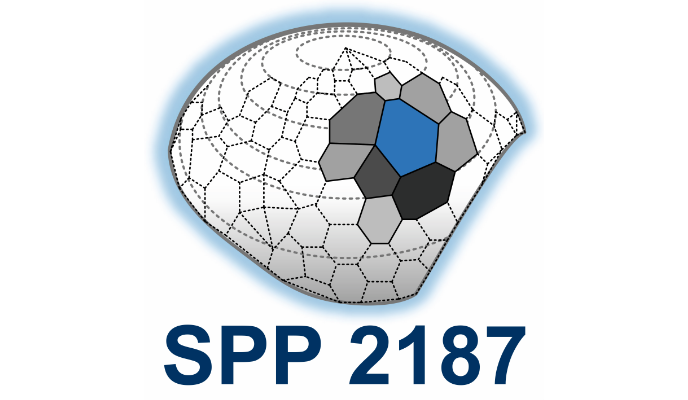
The digital twin for efficient and precise production of concrete modules
The project “The digital twin for the fast and precise production of concrete modules” is essentially concerned with creating a complete, consistent and up-to-date model representation across the various phases and sub-aspects of the BIM process. In this context, BIM (Building Information Modeling) is understood as an information management method for construction projects based on the consistent use of digital models throughout the entire construction life cycle [1]. This consistency is essential for an efficient overall process chain in the sense of industrialized manufacturing based on Industry 4.0 concepts and CPPS (cyber-physical production systems) [2] from mechanical engineering. The digital twin [3] as a digital representation in real time of product, process and resources ultimately acts as a hub for all data analysis and visualization tools as well as for the control of industrial production lines.
The work program initially includes the development of ontologies for various aspects of the overall process for modules made of freely formable high-performance materials, in particular design, function, production, quality, service life and recyclability. For an agile and adaptive process, a continuous management of the requirements in terms of smart engineering with corresponding traceability is required. For this purpose, the formal description of tolerances and domain-specific quality characteristics and the development of rule languages for automatic testing (tracking and tracing) are being researched. A major work package is the development of the management shell according to RAMI 4.0 [4] and interaction models, in particular integration of existing data models of civil engineering with the management shell to enable a holistic view of the planning and production of a structure and the development of human-machine and machine-machine communication including semantic query languages for information exchange. At the end of the project, based on the preliminary work, basic concepts for visualization and navigation of the digital twin and its interactions will be developed, using technologies from the field of virtual and augmented reality for human-machine interaction. The evaluation of the developed or prototypically implemented methods and models in the context of the priority program 2187 forms the conclusion of the project.
